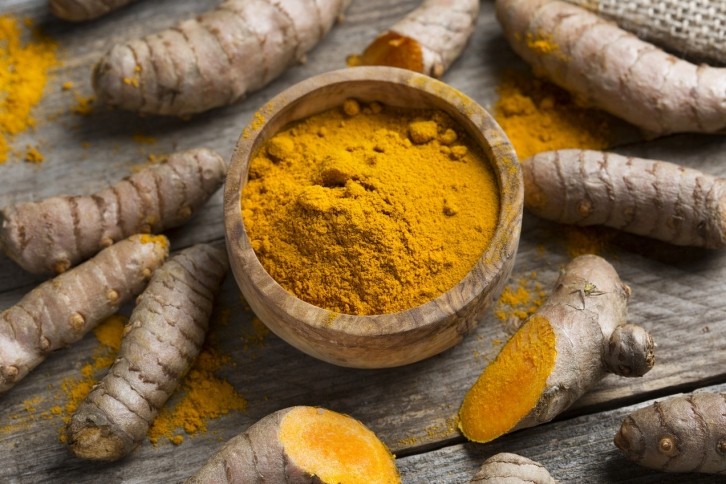Curcumin may reduce depression in diabetic patients with obesity: Study

Writing in the journal Nutrients, researchers at the HRH Princess Maha Chakri Sirindhorn Medical Center, Srinakharinwirot University, Thailand, reported that participants who received 1,500 mg/day of curcumin for 12 months exhibited a 20.4% reduction in depression levels compared to a placebo group,.
The antidepressant effect was attributed to reduced inflammation, increased serotonin levels and decreased oxidative stress.
Depression and diabetes
T2DM is a chronic condition characterized by increased blood glucose levels due to dysfunctional insulin-producing β-cell in the pancreas. Its global prevalence is growing rapidly, particularly in Western Europe. A recent study projected that by 2030, the global T2DM prevalence is expected to rise consistently and reach over 7,000 cases per 100,000 individuals.
Compared to the general population, people with T2DM are more susceptible to developing MDD and vice versa. Symptoms associated with major depressive disorder (MDD) include low mood or loss of interest/pleasure, and the condition can lead to significant weight change, insomnia or hypersomnia, and feelings of worthlessness, fatigue, excessive agitation or retardation, and recurrent death thoughts.
The researchers note that antidepressants used to treat MDD have multiple side effects, particularly related to weight gain and cardiometabolic health, and hypothesized that curcumin—rich in antioxidant, anti-inflammatory and antiapoptotic properties—may provide a safer alternative to treat MDD, particularly in obese diabetic patients.
Study details
After diet and lifestyle training for three months, the randomized, placebo-controlled, double-blind trial randomly assigned 227 T2DM patients with obesity to consumer either three curcumin capsules (ethanolic extract of turmeric, 250 mg of curcuminoids) or a placebo daily for 12 months.
Depression severity was classified as minimal, mild, moderate, moderately severe and severe, which was correlated to serum serotonin levels. Blood samples for each participant were collected at baseline, and at 3, 6, 9 and 12 months.
After the study period, mean body weight and body mass index (BMI) significantly decreased in the intervention group compared to the placebo group, the researchers reported. Furthermore, the curcumin group exhibited a significant reduction in HOMA-IR levels, a clinical marker for insulin resistance, at all follow-up intervals, relative to the placebo group.
Curcumin supplementation led to an increase in total antioxidant status, glutathione peroxidase activity and superoxide dismutase activity. Pro-inflammatory cytokines levels, such as interleukin-1 beta, interleukin-6 and tumor necrosis factor-alpha (TNF-α) were also significantly lower in the curcumin group than in the placebo group. The levels of malondialdehyde, which is an oxidative stress marker, were lower in the intervention group.
Researchers observed no significant differences in aspartate transaminase, alanine transaminase and creatinine levels between the two groups, indicating its safety. However, some participants from the curcumin group experienced diarrhea, abdominal pain and headache.
The report explained the antidepressant properties of curcumin are associated with two mechanisms. Firstly, curcumin triggers neurogenesis in the hippocampus. Secondly, it promotes an increase in dopamine, serotonin and noradrenaline levels in the brain by blocking the monoamine oxidase enzyme.
Although the effectiveness of curcumin supplements in improving depression was established, the researchers said future studies must assess different curcumin doses and their corresponding responses using multicenter cohorts.
Source: Nutrients
doi: 10.3390/nu16152414
“Curcumin Reduces Depression in Obese Patients with Type 2 Diabetes: A Randomized Controlled Trial”
Authors: Yaikwawong Metha et al.




